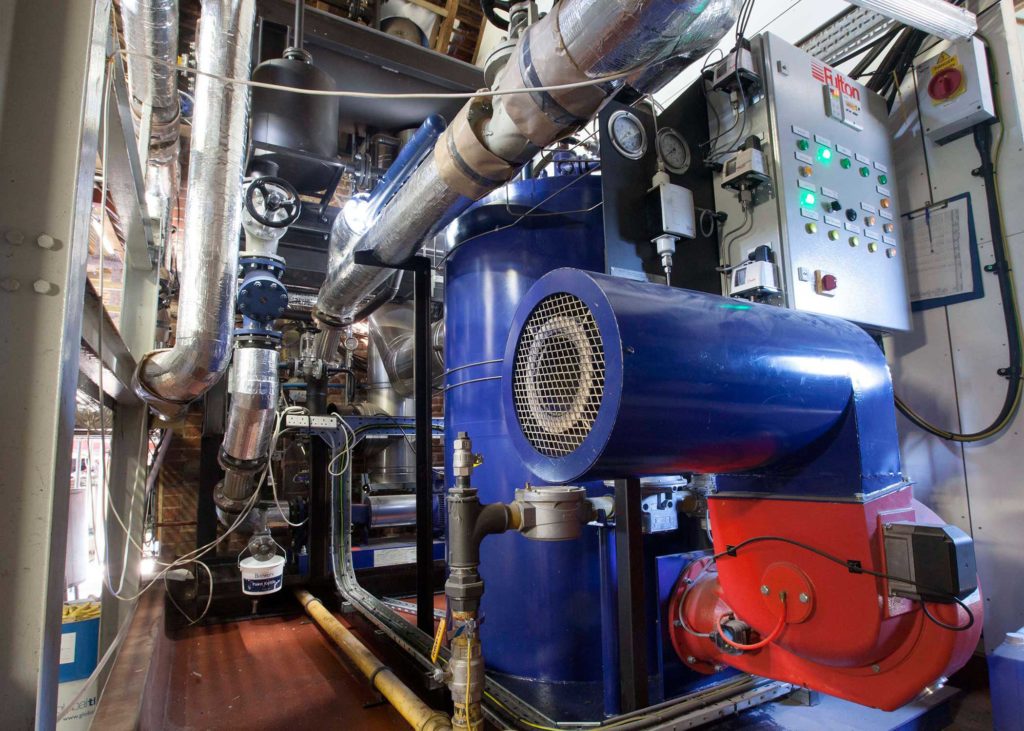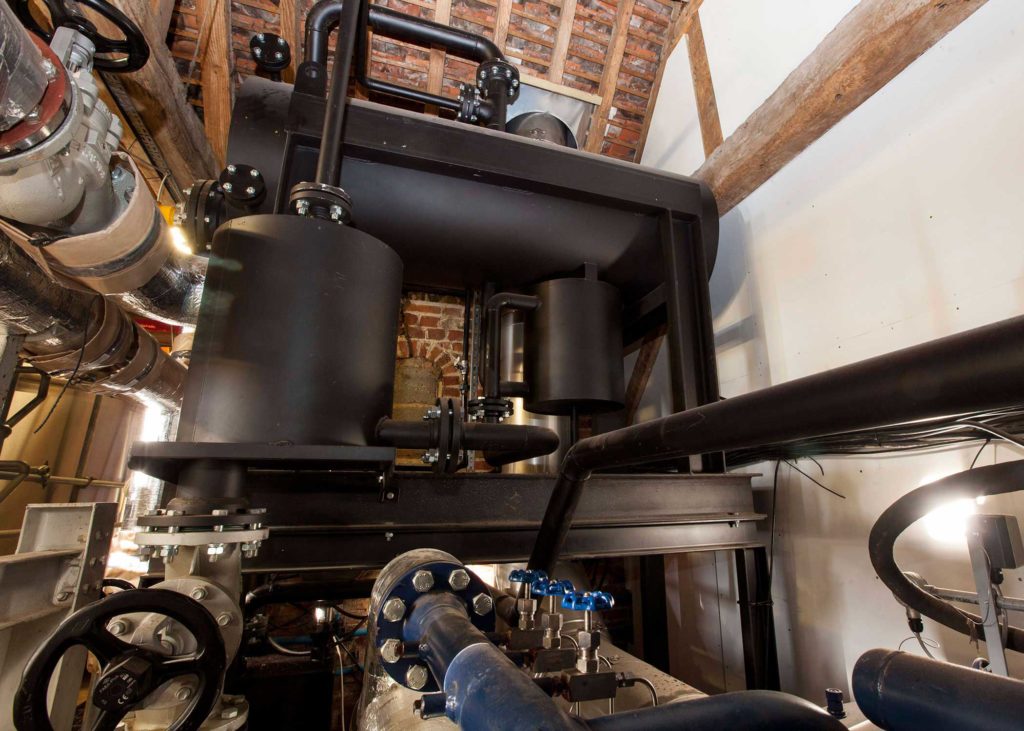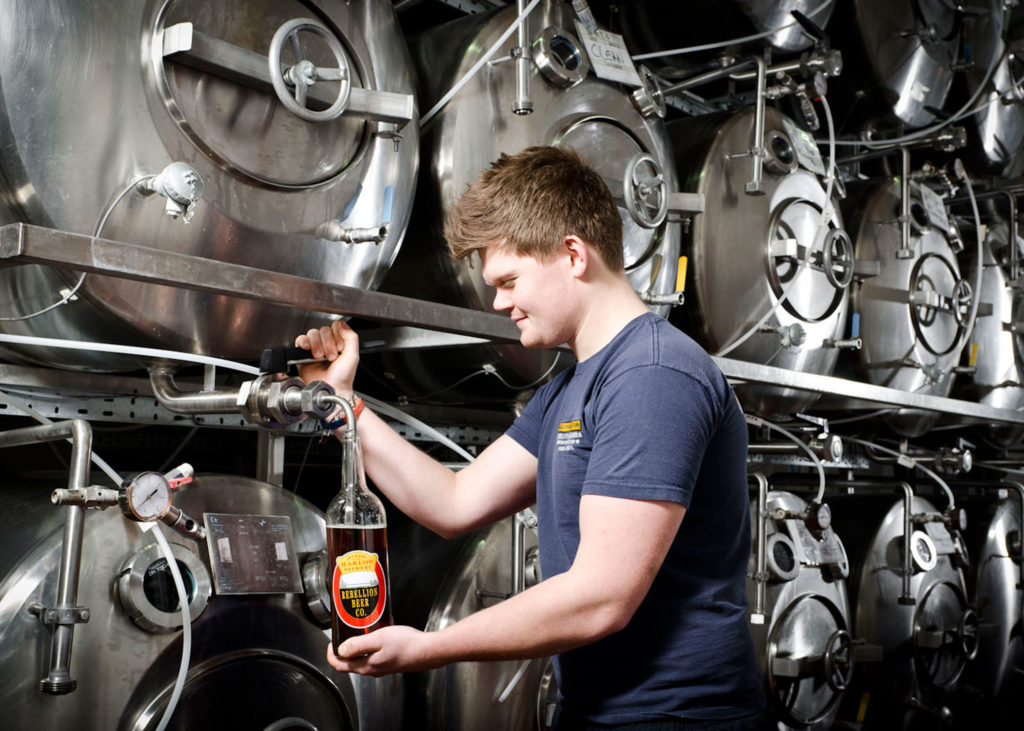The commission forms part of a three-stage development plan for the business that also comprises the upgrade of some of the its brewing equipment.
Mark Gloyens, who co-founded the brewery with Tim Coombes, said it was the first time the company had approached thermal fluid system specialists for a project of this sort.
He added: “Having met with two of the UK’s main suppliers to discuss the project, we were impressed with Fulton’s enthusiasm and interest in getting involved with what turns out to be one of only a handful of brewery-based thermal fluid heat transfer projects in the UK.”

According to Gloyens, Fulton’s new FT-C 240 vertical coil thermal system is expected to save money on the company’s energy bills.
This is possible as it is can easily turn the heater on and off as required, with minimal heat-up time.
As fluid heaters are non-pressurised systems and as a result, not subject to the costs of running a system under pressure regulations.
The new system is also claimed to be “much simpler than a steam solution” and was therefore less expensive to set-up and maintain.
The Fulton thermal fluid heat transfer solution is used throughout Rebellion’s brewing process.
This includes the brewhouse, where liquor is heated to 66 degrees for the mashing-in process and wort is boiled with hops for 90 minutes; to heating Rebellion’s brewhouse and fermentation tank CIP system.

Fulton’s Doug Howarth said that, that unlike steam, thermal systems provide useable temperature with very little pressure and a variety of cost savings should therefore be expected.
He added: “The whole life costs for thermal systems can also be cheaper because they require fewer insurance inspections, which minimises production downtime and shut down periods.
“There’s also no requirement for water treatment or chemical dosing, which leads to zero waste disposal and minimal maintenance costs.”








